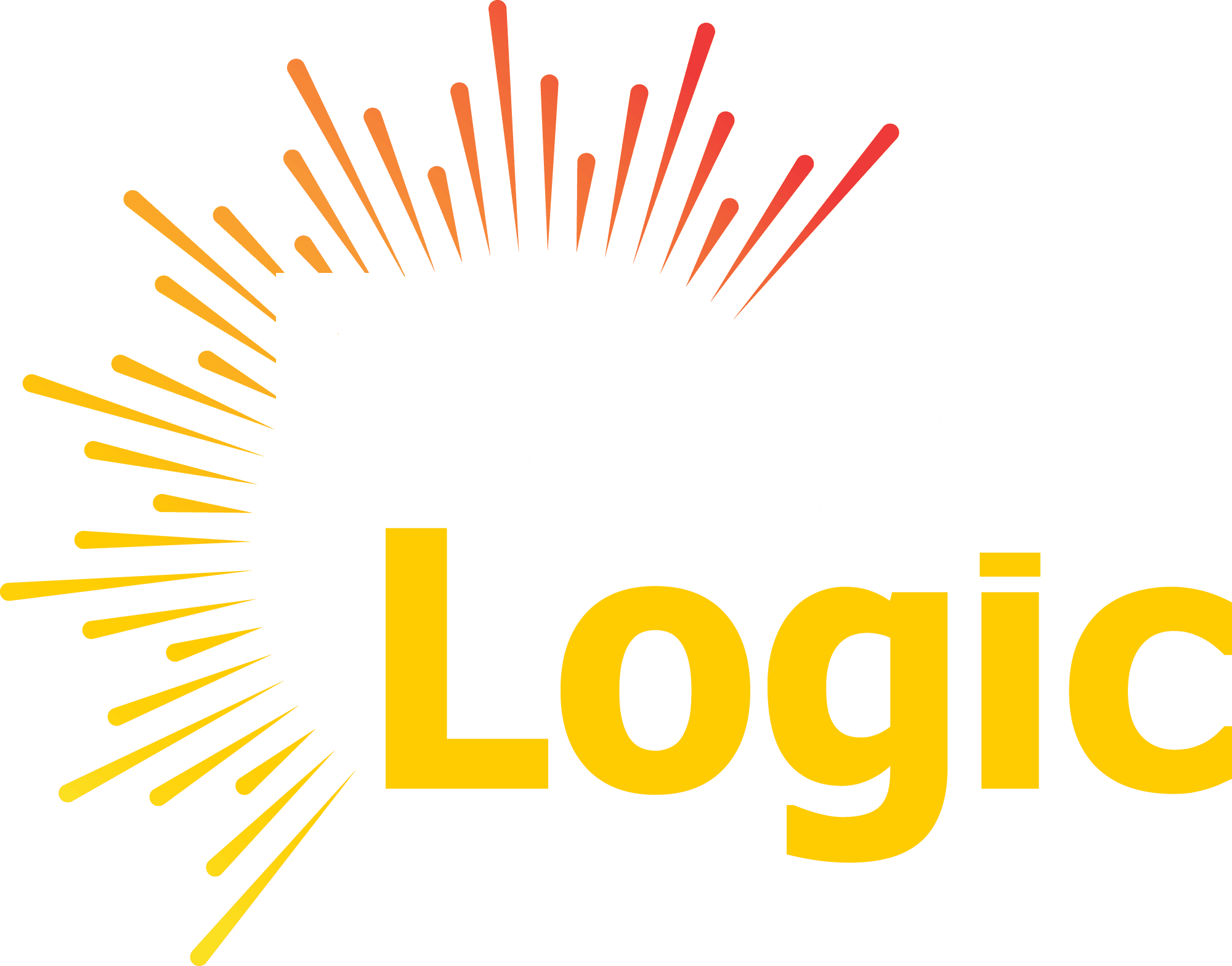Have you ever wondered how search engines magically understand what you’re looking for, even if you type your question more conversationally? Well, my friend, let me introduce you to the fascinating world of Natural Language Processing (NLP), the wizard behind the curtain of modern search tools. So buckle up and get ready to go on a journey through the spaces of language and technology, where algorithms dance to the tune of our everyday speech, unlocking the secrets of efficient information retrieval.

Table of Content
- Why is Natural Language Processing Necessary?
- NLP Normalization and Tokenization: Key Processes in Language Data Analysis
- Using NLP for Named Entity Recognition
- Natural Language Processing Structures Data for Programs
Why is Natural Language Processing Necessary?
Natural Language Processing (NLP) has become an essential technology in today’s data-driven world. Extracting meaningful information from text can significantly enhance operational efficiency and decision-making. NLP is at the heart of empowering computers to grasp, decipher, and engage meaningfully and effectively with human language.
NLP shines in processing extensive textual data, an essential domain where it is used. Its significance reverberates across diverse industries, such as technology, healthcare, and customer service. Through NLP, businesses can streamline the extraction of insights from documents, emails, web content, and beyond, sparing them the laborious manual efforts traditionally associated with such tasks.
Natural Language Processing Software is at the heart of this transformation. Such software utilizes sophisticated models to process and understand human language, allowing for sentiment analysis, topic extraction, and language translation tasks. These processes enable businesses to understand better customer feedback, market trends, and internal communication dynamics, which are vital for strategic planning and customer relationship management.
At PartsLogic, we understand the value of efficient data analysis in driving business success. We encourage you to try our Internal Site Search, powered by advanced Natural Language Software. Our search tool enhances user experience by understanding natural language questions, making finding the information you need easier and faster within our internal databases.
Furthermore, the capability of the Natural Language question is another aspect of NLP that proves invaluable in interactive environments. It allows users to ask questions in their natural language and receive direct responses, simplifying data interaction and increasing accessibility.
NLP is not just about understanding Language Processing; it’s about applying it to real-world applications that drive business value and improve user experiences. As we continue to evolve in a digital age, the role of Natural Language Software in enhancing our interactions with technology will only grow more crucial. This makes NLP an indispensable tool for businesses leveraging their data effectively and maintaining a competitive edge in their respective industries.
NLP Normalization and Tokenization: Key Processes in Language Data Analysis
In Natural Language Processing (NLP), a system’s clarity and effectiveness in understanding and processing language data are paramount. Techniques like normalization and tokenization play a crucial role in this area, particularly in applications involving Natural Language questions and Natural Language Processing Software.
In natural language processing (NLP), normalization entails transforming text into a standardized format. This streamlines the language data, enhancing consistency for processing software to interpret effectively. For instance, normalization often includes converting all characters to lowercase, removing punctuation, or replacing special characters and contractions. This step is vital because it helps minimize the variations of the same word, increasing the accuracy of natural language search functions and data analysis.
Tokenization, a cornerstone of NLP, entails segmenting text into smaller components known as tokens. These tokens may encompass words, phrases, or even symbols. This division is essential for What is Language Processing? as it allows algorithms to better understand the structure of sentences and the relationships between words. By breaking down the text into manageable pieces, NLP systems can more effectively perform tasks such as parsing, indexing, and keyword extraction.
For businesses leveraging Natural Language Software, understanding and implementing these NLP techniques can dramatically enhance their systems’ ability to interpret human language. This can be especially useful in improving the efficiency of internal site search mechanisms.
At PartsLogic, we recommend utilizing our Internal Site Search powered by advanced NLP techniques, to experience how seamlessly it integrates with your daily operational needs. Our platform is designed to support complex natural language questions, ensuring you can easily find the exact information you need.
In the evolving landscape of Natural Language Software, the role of normalization and tokenization cannot be overstated. These processes facilitate a deeper understanding of textual data and enhance the interaction between humans and machines, making technology more intuitive and user-friendly.
As we continue to advance in the field of Natural Language Processing Software, the application of such NLP techniques is set to revolutionize how we handle and interpret language data. Whether through improved search engines, more intelligent AI chatbots, or more efficient data analysis tools, the impact of effective language processing is profound and far-reaching.
Using NLP for Named Entity Recognition
Have you ever noticed how search engines can identify specific entities mentioned in your question, like names of people, places, or organizations? That’s where named entity recognition, powered by NLP, comes into play. It’s like having a digital Sherlock Holmes who can sift through text and pinpoint relevant entities, making your search results more accurate and tailored to your needs.
Natural Language Processing for Search
Let’s return to our main topic: how search tools leverage NLP to enhance your browsing experience. Imagine browsing the PartsLogic website, seeking that elusive automotive part you need to get your ride back on the road. Why not try our internal site search instead of endlessly sifting through product listings or relying on rigid keyword searches? With NLP working behind the scenes, you can simply type in your question, spark plugs for a 2010 Toyota Camry or where can I find windshield wipers, and let our search tool do the heavy lifting.
Natural Language Processing Structures Data for Programs
But how exactly does NLP turn our messy, human language into something computers can understand and act upon? It’s all about structuring data in a digestible way for programs. Through syntactic analysis and semantic keyword parsing, NLP parses through text, breaking it down into meaningful chunks and extracting valuable information. This structured data becomes the fuel that powers various applications, from search engines to virtual assistants, helping them comprehend and respond to human language with remarkable accuracy.
Conclusion
So, there you have it, folks: a glimpse into the fascinating world of Natural Language Processing and its pivotal role in shaping how we interact with technology. From deciphering our everyday questions to powering advanced search algorithms, NLP is the unsung hero behind the curtain, working tirelessly to ensure that our digital experiences are seamless and intuitive. As PartsLogic integrates these NLP capabilities, its efficacy amplifies, catering to more nuanced user interactions. So, the next time you’re navigating the vast landscape of the internet or seeking answers to life’s burning questions, remember to tip your hat to the magic of NLP. Mastering the people’s language is crucial in a realm where information reigns supreme.





